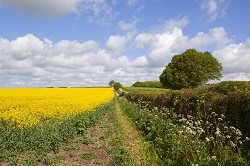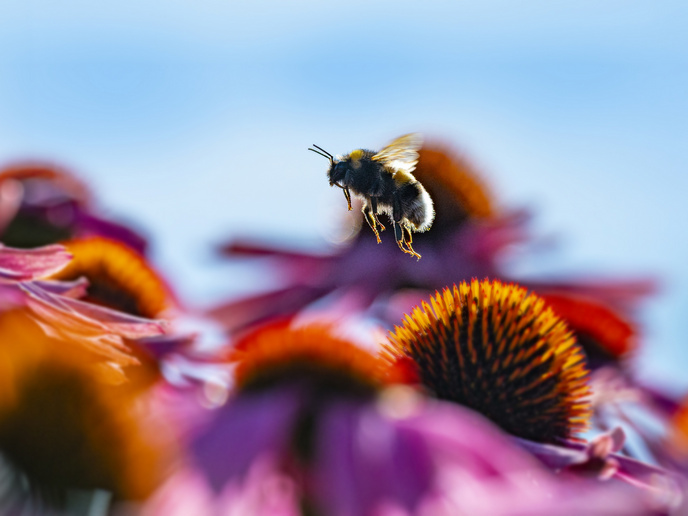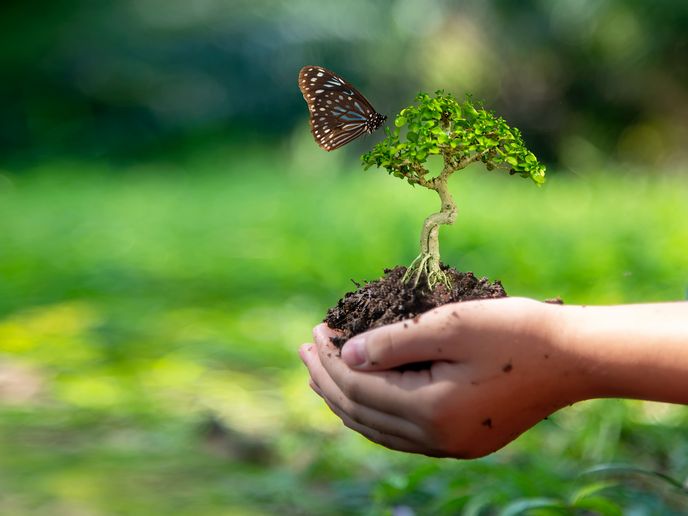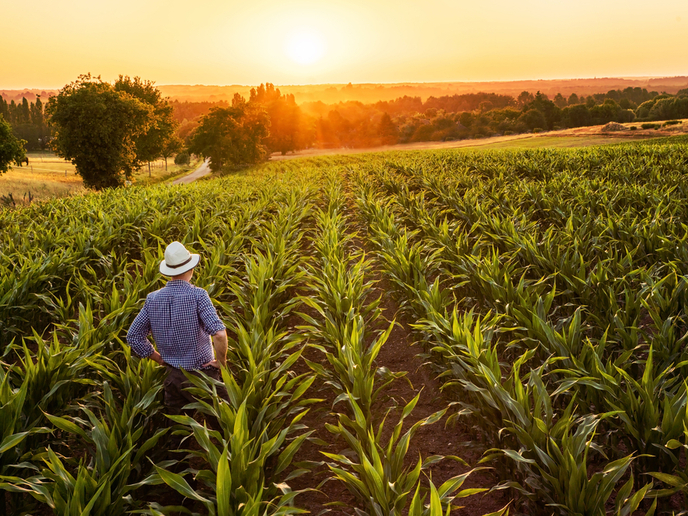Natural farming could feed more with fewer pesticides and fertilisers
The world will need to feed an extra two billion people by 2050, but land space is already squeezed. With a limit to the amount of land that can be devoted to agriculture, farms will need to produce more. Today, farmers turn to pesticides and fertilisers to boost productivity, but there is another way. The EU-funded project LIBERATION has investigated ‘eco-intensification’ – that’s the intensification of agricultural production using nature’s resources and without resorting to more chemical additives that are harmful for the environment and human health. ‘In a nutshell, we explored how farms can produce the same or more agricultural products with fewer external inputs like fertilisers and pesticides,’ says LIBERATION project coordinator David Kleijn. For example, the project found that wild bee communities contributed over US $3000 per hectare per year to the production of insect pollinated crops such as watermelons, apples and cranberries. ‘This is nature at work, free of charge. The challenge now is how to boost the delivery of these services so that possibly farmers can do with less fertilisers and pesticides,’ adds Kleijn. The project studied a range of different landscape features and management practices including setting-up semi-natural habitats – such as hedgerows, wildflower strips and wild field margins within farmland. It also investigated conservation tillage – when the previous year’s crop residue, like corn stalks, is left on the fields before and after planting, the next crop to reduce soil erosion and run-off. In one field trial, LIBERATION explored the role of hedgerows in Mediterranean cereal fields. It found that high cover of hedgerows over a large area enhanced diversity of natural enemies of aphid parasites – aphids suck wheat sap, lowering productivity. Hedgerows also boosted visits from pollinators like bees. Overall, hedgerows are a network of ecological corridors that can help the movement of crop pollinators and natural pest enemies. They are a low-cost high-benefit solution since farmers can create or conserve high quality habitats taking little or no land from crop production, as outlined in the project’s published results. At another test site in the Netherlands, project scientists set-up wildflower habitats on blueberry farms to attract pollinators naturally, demonstrating how effective ecological intensification can be to farmers. Farmers can create these methods and enhance the wild species of plants and animals that provide vital services such as pollination, pest control and soil services which may reduce their reliance on external inputs. Despite these positive results, Kleijn sounds a note of caution: ‘The benefits of functional biodiversity are very context-dependent. What works for one farmer may not work for another depending on the crops they grow and many other factors.’ For example, the project interviewed farmers and found that if they only grow wind-pollinated crops like wheat, corn and root vegetables, practices to enhance wild pollinators are not popular. The interviews also revealed that natural pest control techniques were not popular since insecticides are currently economically cheap and effective. LIBERATION’s researchers have now moved on to investigating how the main barriers towards adopting ecological intensification can be lifted. ‘We are exploring questions such as, can we hand farmers the information they need in a more accessible way that would increase uptake of nature-based practices? And, are recommendations tailored towards specific cropping systems and regions more successful than general recommendations?’ conludes Kleijn.







